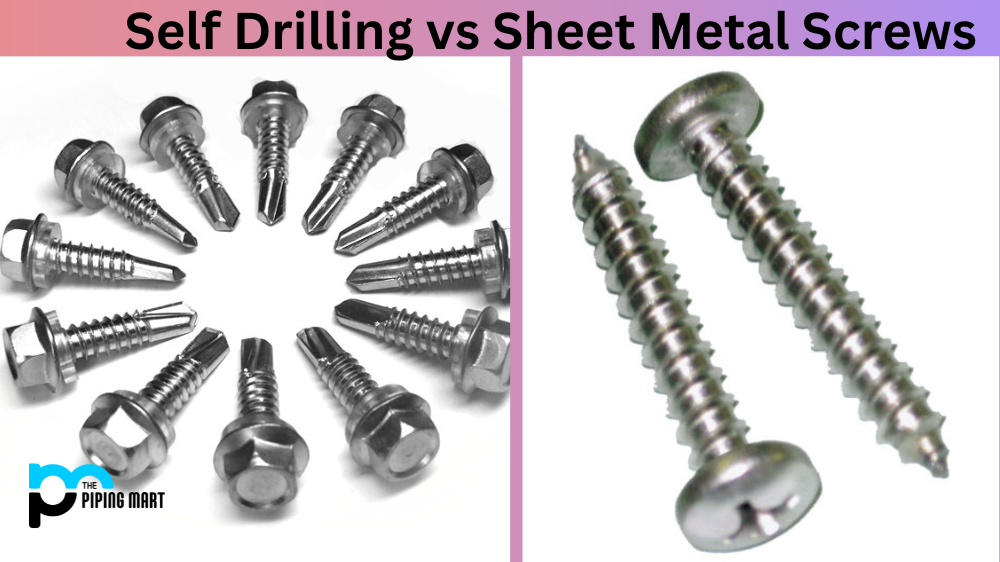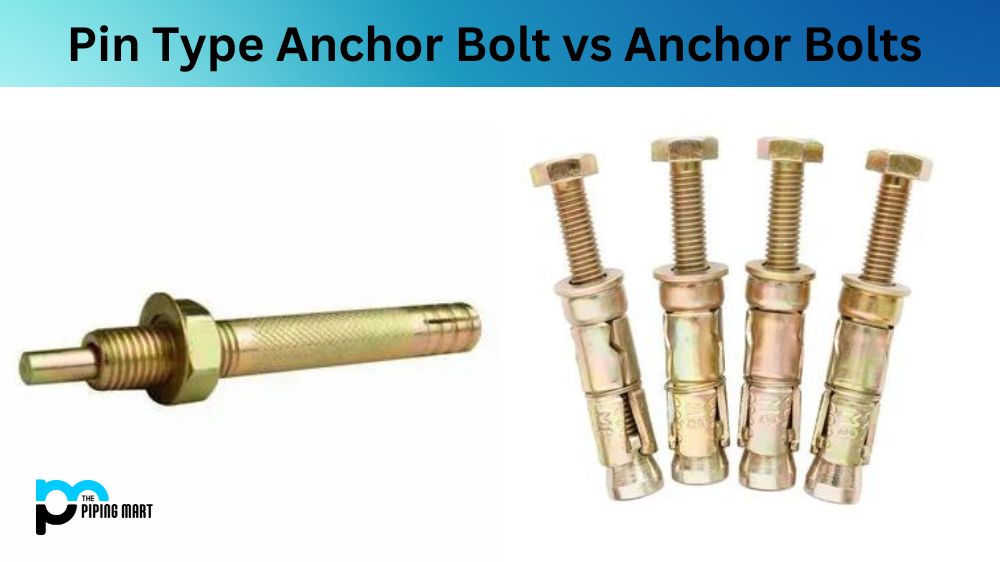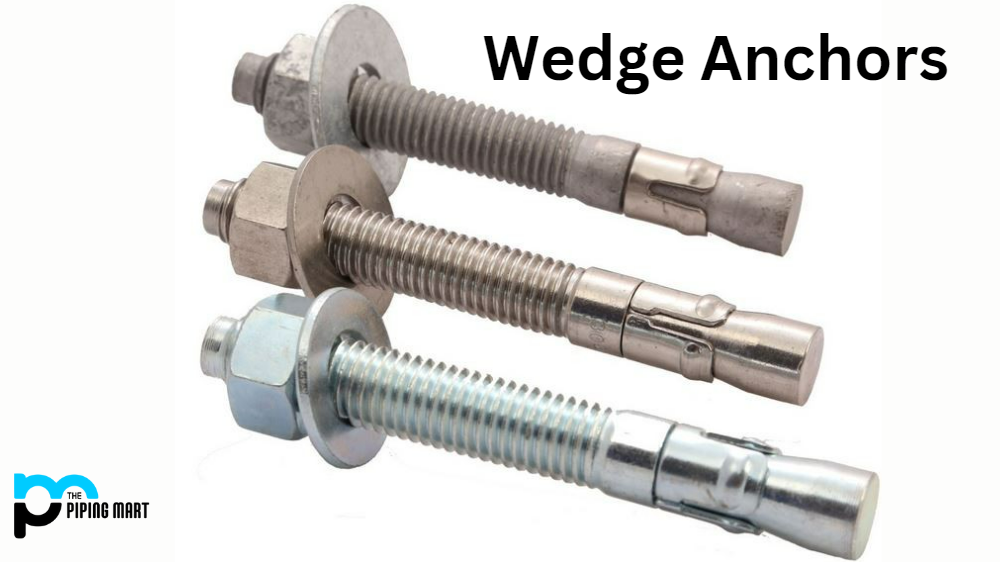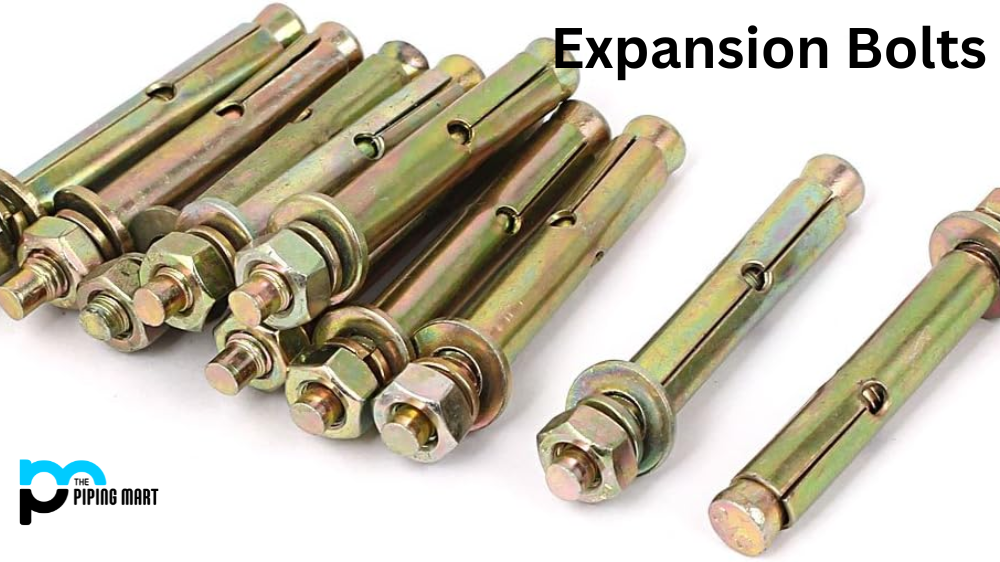When fastening two pieces of metal together, choosing the right screw for the job is essential. Self-drilling screws and sheet metal screws are two of the most commonly used types of screws for this purpose. But what are the differences between these two screws? Which one should you use for your next project? In this ultimate guide, we will compare and contrast self-drilling screws and sheet metal screws so you can make an informed decision.
What are Self-Drilling Screws?
Self-drilling screws are also known as self-tapping screws. They are designed to drill their own hole as they are driven into the material. These screws have a sharp tip that acts as a drill bit, allowing them to drill into metal without needing a pre-drilled hole. Self-drilling screws are typically used in applications where a pre-drilled hole is not possible or practical.
What are Sheet Metal Screws?
Sheet metal screws are specifically designed for use in sheet metal. They have a sharp, pointed tip that allows them to be easily driven into the material and a broader tread pattern that provides a secure grip on the metal. Sheet metal screws can also be used in other materials, but they are best suited for thin, sheet-like materials.
Difference Between Self Drilling and Sheet Metal Screws
Advantages of Self-Drilling Screws
One of the most significant advantages of self-drilling screws is that they can save time and effort, as they do not require a pre-drilled hole. They can also be used in thicker materials, such as metal studs, where a sheet metal screw may not be suitable. Additionally, self-drilling screws are less likely to strip or break due to their design.
Advantages of Sheet Metal Screws
One of the most significant advantages of sheet metal screws is their ability to securely grip thin metal material. Their wider thread pattern provides superior holding power, especially in applications where the material may be subjected to vibration or movement. Sheet metal screws are also available in various sizes and finishes, making them versatile for various applications.
Which Screw to use?
When deciding between self-drilling screws and sheet metal screws, it’s essential to consider the specifics of your project. If you work with thinner metal material, sheet metal screws may be the better choice. However, if you are working with thicker materials or need to save time drilling holes, self-drilling screws are the way to go. It’s also important to consider the screw’s finish and any additional features, such as washers or coatings, that may be required for your project.
- Self-drilling screws are made with a drill bit tip that helps create their own pilot hole as they are driven into the material. This can save time as you don’t need to drill a separate hole before going in the screw.
- Sheet metal screws have a sharp point that helps them to pierce through materials like sheet metal. They also usually have a more comprehensive thread than self-drilling screws, which helps to provide a stronger grip.
- Self-drilling screws are typically made from harder metals than sheet metal screws, which makes them more durable and less likely to strip out.
- Sheet metal screws are usually cheaper than self-drilling screws, making them a more economical choice for some applications.
- Self-drilling screws are better suited for harder materials, while sheet metal screws are better suited for softer materials.
Conclusion
In conclusion, both self-drilling screws and sheet metal screws have strengths and weaknesses. The key is to choose the right screw for the job based on the specifics of your project. By considering factors such as material thickness, finish, and additional features, you can make an informed decision that will ensure the success of your project. Remember, choosing the right screw is essential to any metalworking project, so take your time and choose wisely.

Meet Bhavesh, a seasoned blogger with a wealth of knowledge and experience. From metal products manufacturing to retail, Bhavesh has a diverse background in various industries and is dedicated to sharing his insights and expertise with readers.




